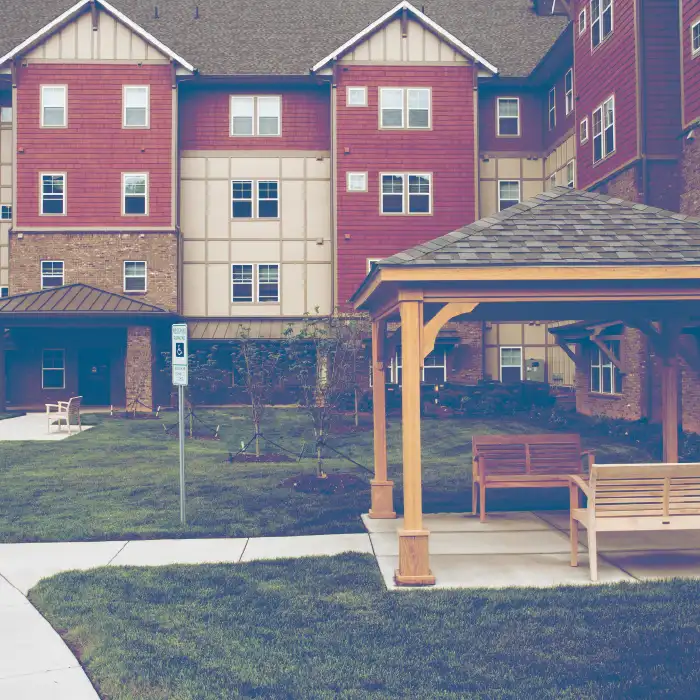There is some good news for affordable housing advocates in a time of political polarization and partisan rancor: strong bipartisan support in both the U.S. House of Representatives and the Senate for The Affordable Housing Credit Improvement Act (AHCIA), introduced earlier this year as S.1557 and H.R. 3238.
Advocates report that this legislation has broad bipartisan support and that nearly half of all members of Congress, members from both parties in both chambers have signed on a cosponsors of the legislation. Both of North Carolina’s Republican Senators, Ted Budd and Thom Tillis, have cosponsored the Senate bill and at least eight members of the House from the North Carolina delegation, 4 Democrats and 4 Republicans, are cosponsors of the House bill as of July 28, 2023.
The Affordable Housing Tax Credit Coalition claims that passing the AHCIA is “the single most important Congress can take to address our nation’s affordable housing supply crisis.” The Coalition estimates that nearly 2 million additional affordable homes could be financed in the U.S. over the next decade if Congress were to enact the primary unit financing provisions in the proposed law. Passing the new law also is estimated to generate 3 million jobs, $115 billion in additional tax revenue and $333 billion in wages and business income.
The AHCIA would also help address a critical affordable housing shortage in North Carolina. A Cato Institute study published in December 2022 notes that North Carolina needs 900,000 additional homes over the next 10 years to meet the demands of a growing population. Affordable housing and workforce housing is not only a housing issue, but an “access to talent issue.” A 2021 survey of local small businesses in western North Carolina noted by the Cato study emphasized the “pressing need for more affordable housing. Local businesses directly connected this issue to the challenges of being able to find workers and pay living wages.”
Members of the North Carolina General Assembly also have introduced a number of bills in the current legislative session to address the workforce housing crisis and to authorize cities and counties to provide for more workforce housing, inclusionary zoning for small housing units, cottage homes and accessory dwelling units. Legislation also would continue to fund the North Carolina Housing Finance Agency’s workforce housing loan program.

